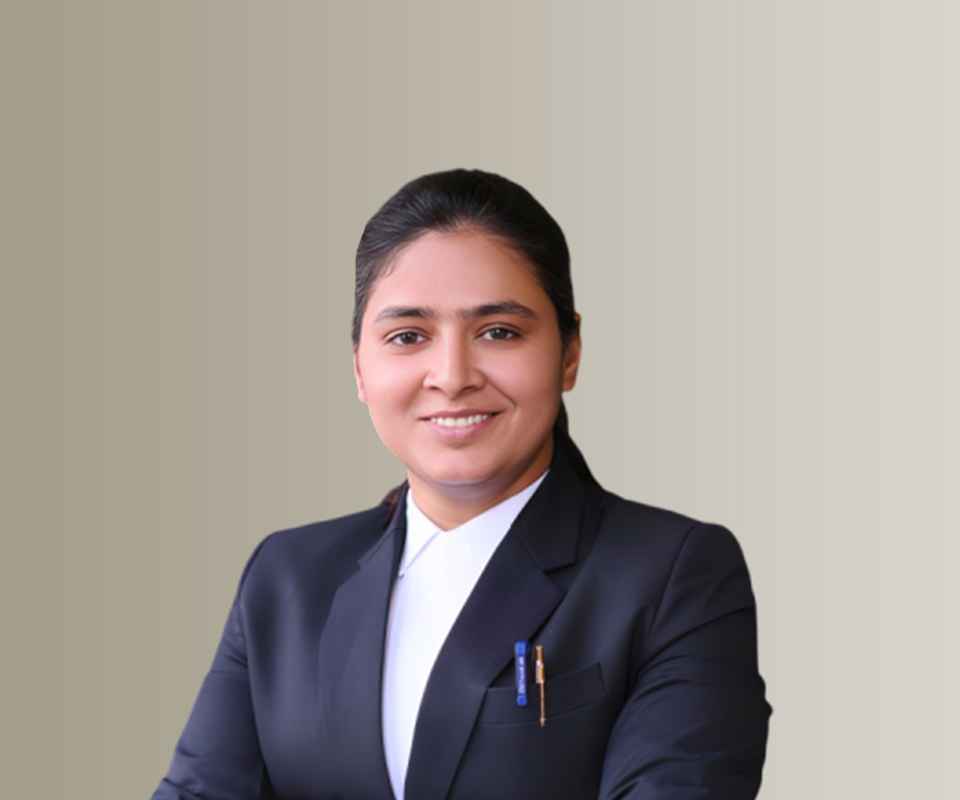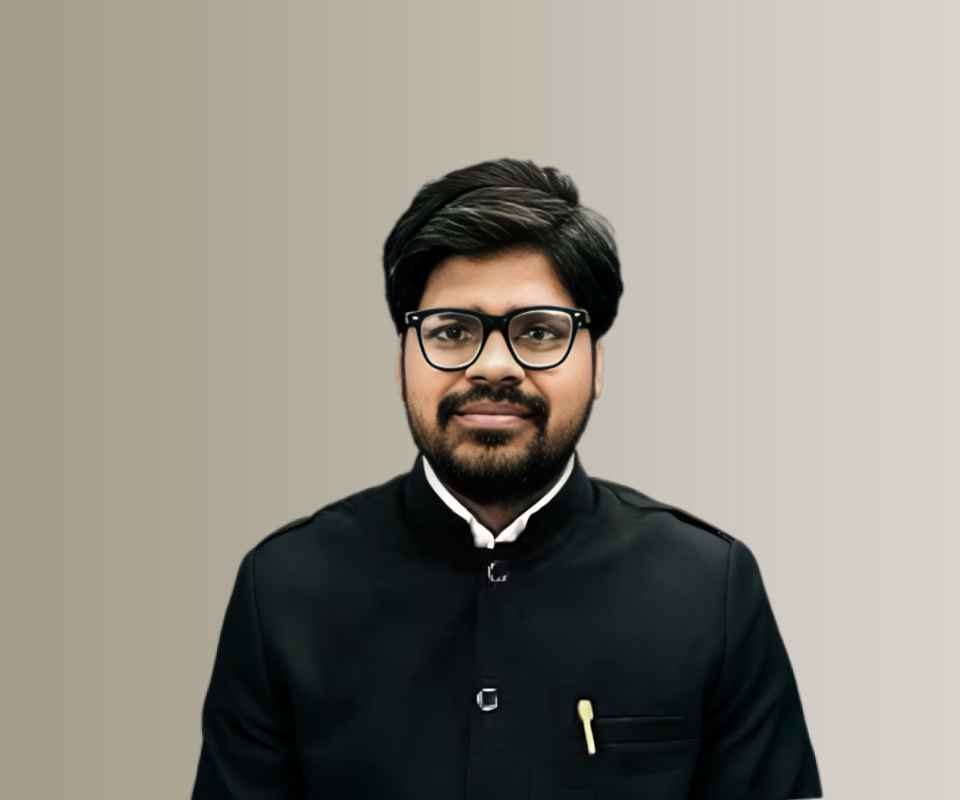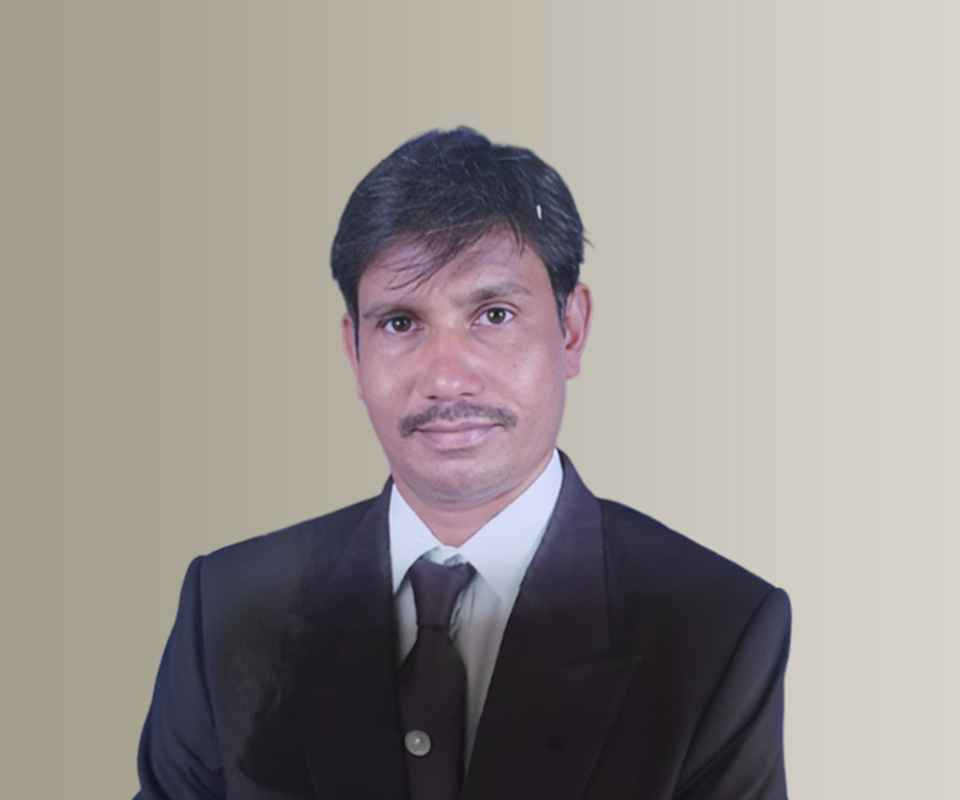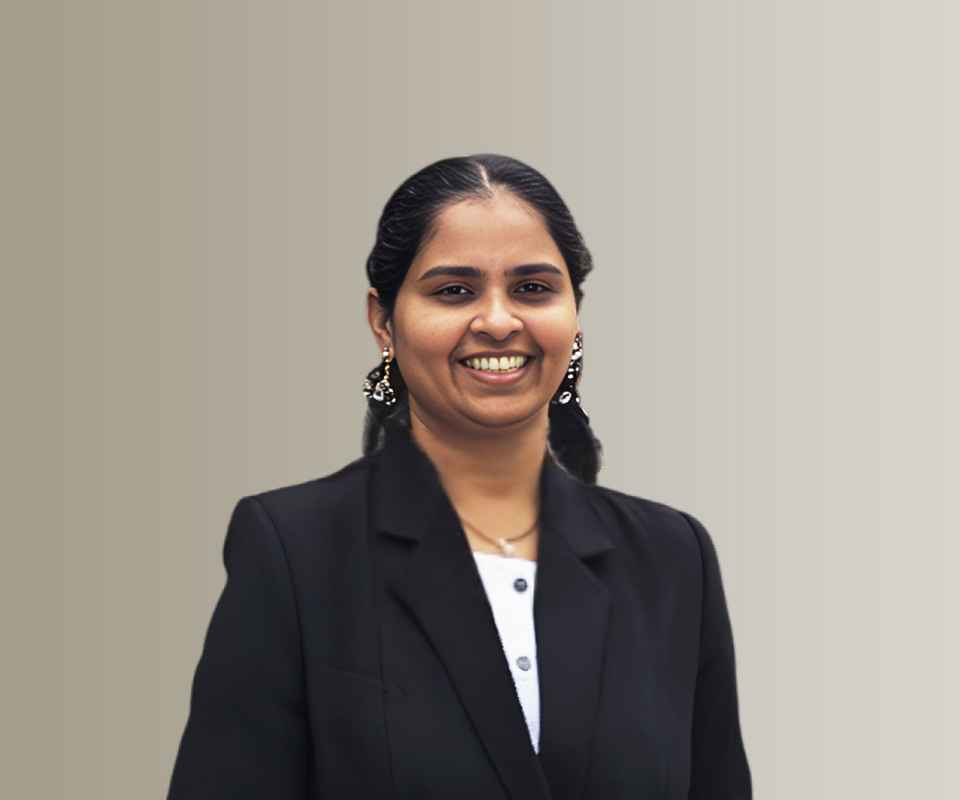Answer By law4u team
Constitution Of India Article 75: Other Provisions as to Ministers
(1) The Prime Minister shall be appointed by the President and the other Ministers shall be appointed by the President on the advice of the Prime Minister.
{3}(1A) The total number of Ministers, including the Prime Minister, in the Council of Ministers shall not exceed fifteen per cent of the total number of members of the House of the People.
(1B) A member of either House of Parliament belonging to any political party who is disqualified for being a member of that House under paragraph 2 of the Tenth Schedule shall also be disqualified to be appointed as a Minister under clause (1) for the duration of the period commencing from the date of his disqualification till the date on which the term of his office as such member would expire, or where he contests any election to either House of Parliament before the expiry of such period, till the date on which he is declared elected, whichever is earlier.
(2) The Ministers shall hold office during the pleasure of the President.
(3) The Council of Ministers shall be collectively responsible to the House of the People.
(4) Before a Minister enters upon his office, the President shall administer to him the oaths of office and of secrecy according to the forms set out for the purpose in the Third Schedule.
(5) A Minister who for any period of six consecutive months is not a member of either House of Parliament shall at the expiration of that period cease to be a Minister.
(6) The salaries and allowances of Ministers shall be such as Parliament may from time to time by law determine and, until Parliament so determines, shall be as specified in the Second Schedule
NOTE
3. Ins. by the Constitution (Ninety-first Amendment) Act, 2003, s. 2 (w.e.f. 1-1-2004).
Brief Detail
Article 75 outlines the structure and responsibilities of the Council of Ministers in the Indian government. The Prime Minister is appointed by the President, and other Ministers are appointed on his advice. The Council of Ministers holds collective responsibility to the House of the People and serves at the pleasure of the President.
Question & Answers
What is the role of the Prime Minister under Article 75?
The Prime Minister is appointed by the President, and other Ministers are appointed on the advice of the Prime Minister.
What is the limit on the total number of Ministers as per Article 75?
The total number of Ministers, including the Prime Minister, shall not exceed fifteen percent of the total members of the House of the People.
How are Ministers sworn into office according to Article 75?
Before a Minister takes office, the President administers the oaths of office and secrecy according to the forms set out in the Third Schedule.
Example
For instance, if the total members of the House of the People are 543, the maximum number of Ministers (including the Prime Minister) cannot exceed 15% of 543, which would be 81 ministers.
Summary
Article 75 provides the framework for the appointment, role, and functioning of the Council of Ministers in the Indian government, ensuring their collective responsibility to the House of the People and adherence to constitutional norms.







